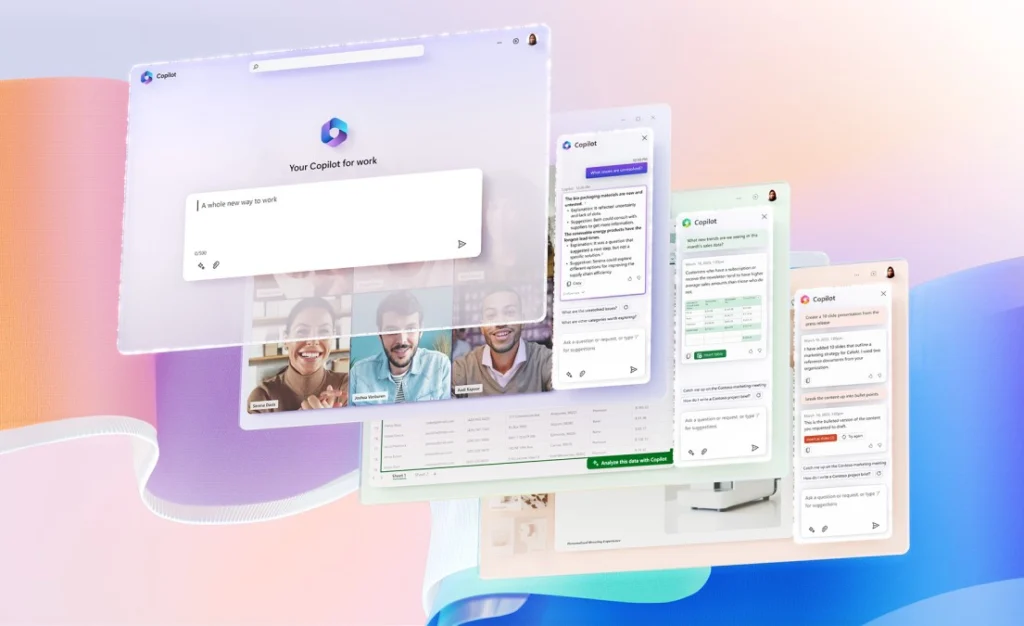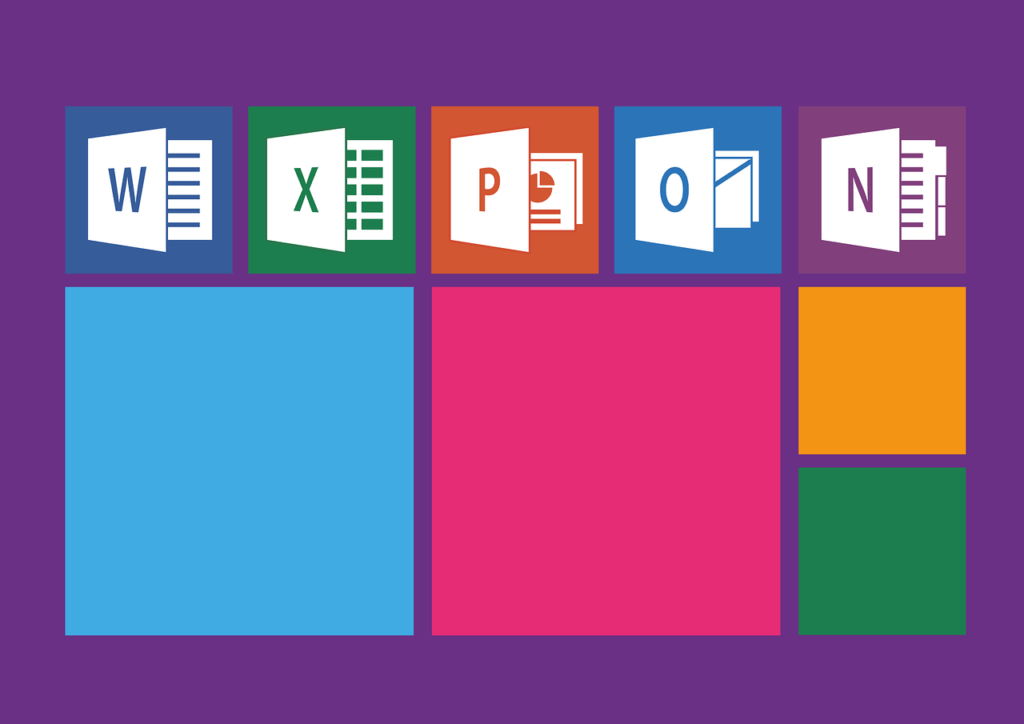Clicking around to see what’s new in tech news I came across an article from PCWorld–a resource that I am a prolific contributor to as author of the Net Work column. I saw a post entitled “Office showdown: Microsoft Office 365 vs. Google Apps“. I clicked on it for two reasons: 1) I wrote a very similar article for PCWorld a couple years ago, and 2) I am interested in the new Office 365 Small Business Premium service and wanted to learn more.
This was not PCWorld’s best work.
The article is confusing and misleading. It makes a passing mention of the new Office 365 Small Business Premium service in the third paragraph, and it links to an article I wrote recently comparing the cost of Office 365 vs. Office 2013 within the Word Processing and Collaboration section, but the vast majority of the article is dedicated to comparing Google Docs against Office Web Apps, and talking about them using the old Office 365 Small Business pricing and features.
Anyone can use the Office Web Apps for free–without an Office 365 subscription, so comparing those to Google Docs has nothing to do with the premise of the article–which is supposed to compare Office 365 with Google Docs. In the cost section, it compares Google Docs to the old Office 365 pricing, which will be irrelevant a week from now.
Office 365 Small Business Premium is $150 per user per year. It allows each user to install the full Office 2013 Pro suite of software locally on up to five devices, plus it includes Office On Demand which streams virtualized versions of the full desktop versions of the software to any compatible PC the user logs into. It includes the core Word, Excel, and PowerPoint, as well as OneNote, Outlook, Access, Publisher, InfoPath, and Lync, and the backend servers like Exchange, SharePoint, and Lync.
Google Apps for Business does start at a third of the cost of Office 365 Small Business Premium–it’s $50 per user per year. It includes Docs, Sheets, and Slides–the Google equivalents of Word, Excel, and PowerPoint–along with Gmail and Calendar (Outlook), Google Drive (SkyDrive), and Sites (SharePoint). Google provides video conferencing capabilities similar to Microsoft Lync through Google+.
Functionally, the two are very similar, and Google Apps for Business is a clear winner in the cost department. One key difference, though, is that Google Apps for Business relies on being connected to the Internet. No Internet means no productivity because all of the tools are Web-based. Office 365 Small Business Premium, on the other hand, requires Internet connectivity for some elements–cloud storage on SkyDrive, video conferencing on Lync, streaming Office on Demand to a PC–but the Office 2013 Pro software is installed locally on up to five devices so you still have the most important tools available all the time whether the Internet is there or not.
For some businesses, that may not matter. Or, at least it may not matter enough to pay three times more per year for equivalent capabilities. If cost is a primary consideration, Google Apps for Business is a clear winner. But, Microsoft Office is a superior suite of tools in many ways, and the Office 365 Small Business Premium service offers a lot of value for what it costs.
There are pros and cons for a business to weigh when choosing between these two office productivity offerings, and an article that claims to compare the two would seem like a logical place to start. Unfortunately, the PCWorld article will confuse and mislead you more than inform you. Check out the actual Google Apps for Business and Office 365 sites and compare for yourself. However, don’t bother clicking on the Office 365 for Small Business link until next week, because Office 365 Small Business Premium isn’t out yet, so you’ll just end up going down the same rabbit hole PCWorld apparently followed.
- AI Voice Clones and Mobile Phishing: The Cyber Threats You’re Not Ready For - July 11, 2025
- Rethinking Cloud Security for the Evolving Threat Landscape - July 11, 2025
- Why Data Security Is the Real AI Risk - June 30, 2025



